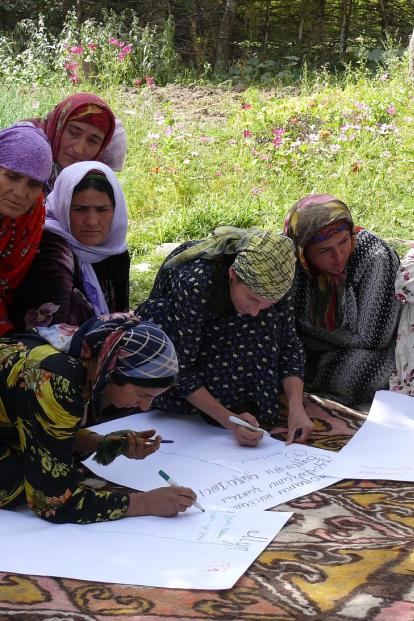
Accountability
Principle 5
Guidance and Resources
Overview
UNDP does not support activities that do not comply with national law and obligations under international law, whichever is the higher standard (hereinafter "Applicable Law").
UNDP promotes accountability to programme and project stakeholders by (i) enabling active local community engagement and participation in decision-making, particularly those at risk of being left behind; (ii) ensuring transparency of programming interventions through provision of timely, accessible and functional information regarding supported activities, including on potential environmental and social risks and impacts and management measures; (iii) ensuring stakeholders can communicate their concerns and have access to rights-compatible complaints redress processes and mechanisms; and (iv) ensuring effective monitoring—and where appropriate, participatory monitoring with stakeholders—and reporting on implementation of social and environmental risk management measures.
UNDP's SES are underpinned by an Accountability Mechanism with two key components: (i) the Stakeholder Response Mechanism (SRM) that ensures individuals, peoples, and communities affected by projects have access to appropriate grievance resolution procedures for hearing and jointly addressing complaints and disputes related to the social and/or environmental impacts of UNDP-supported projects; and (ii) the Social and Environmental Compliance Unit (SECU) which investigates alleged non-compliance with UNDP's Social and Environmental Standards and screening procedure from project-affected stakeholders and recommends measures to address findings of non-compliance.1
| Footnotes: |
|---|
| (1) For further information, visit www.undp.org/secu-srm |
